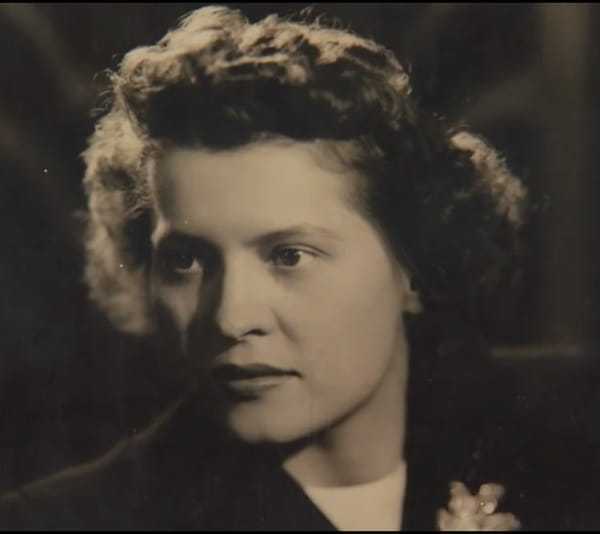“[The OSS] gave me a gun, but I never carried a gun. I thought, ‘What the heck was I gonna do with a dumb gun?'” Stephanie’s most valuable weapon: her wits.
There are relatively few centenarians buried at Arlington National Cemetery, even fewer who are female, and only a mere fraction of those who served as intelligence officers. But one such woman was laid to rest there on June 1, 2016, buried next to her husband, outstanding in his own right. Her accomplishments would be considered exemplary in any era, even more so in one in which the professional accomplishments of women were often unacknowledged or, at best, slighted. Only now are we learning about the accomplishments of Stephanie Czech Rader, or “Captain Czech,” as she was known to colleagues.
Captain Czech was a woman ahead of her time. Not only did she go to college, but she eventually earned a master’s degree — in chemistry. She caught the attention of the OSS, which sent her on an undercover mission to Warsaw at a time when women were restricted from working in a military or intelligence capacity in Poland. Stephanie narrowly evaded capture by the Russians and still successfully completed her mission. It wasn’t until decades later that the details of her amazing story were declassified.
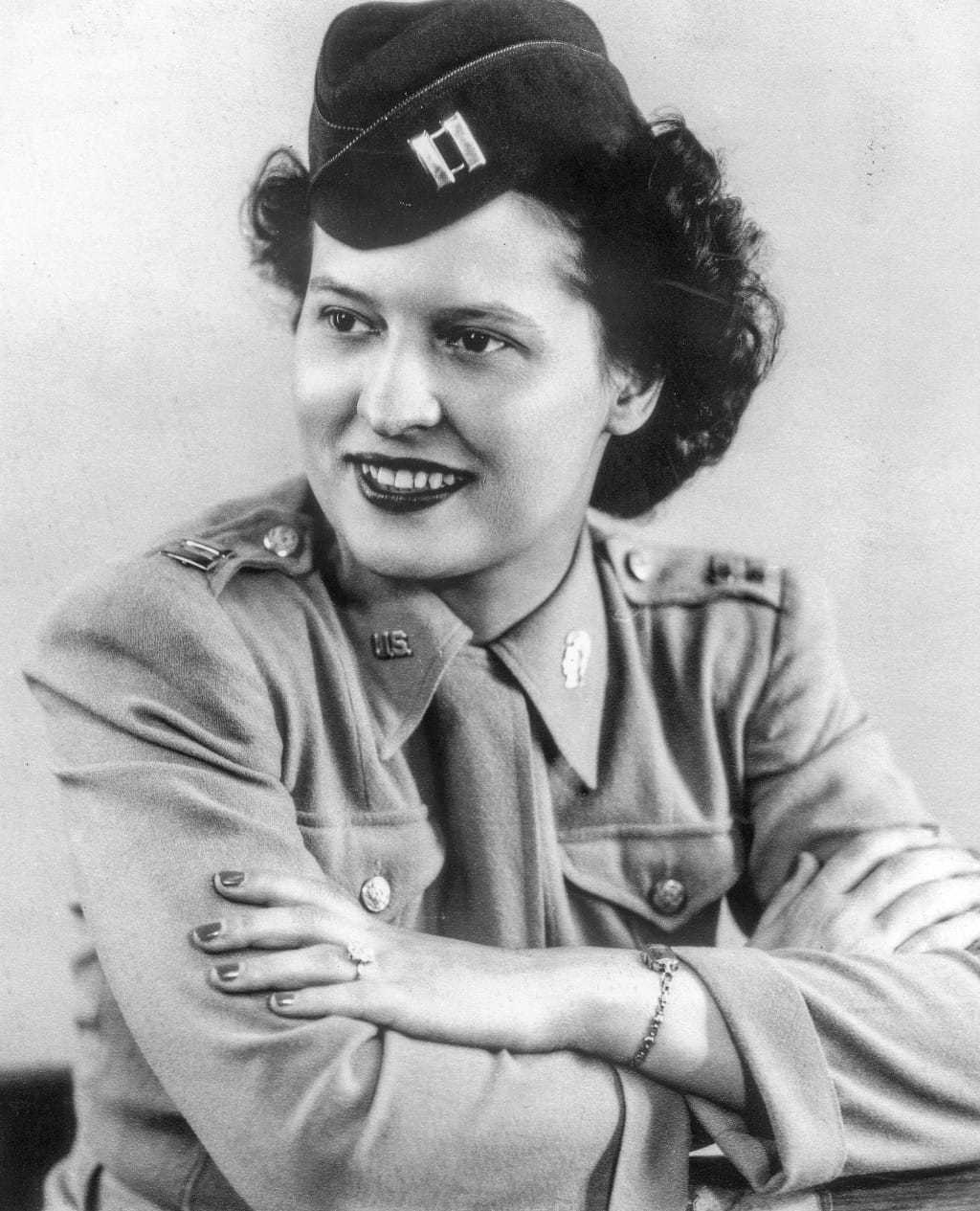
From Humble Beginnings
Stephanie Czech was born in Toledo, Ohio on May 16, 1915, the daughter of Polish immigrants. She grew up in a household that didn’t speak English, which made going to school a challenge. She worked hard, however, and caught the attention of her high school teacher, a Cornell alumnus.
Unbeknownst to Stephanie, this teacher submitted an application to attend Cornell on her behalf. When she received a full scholarship, she enthusiastically accepted and became the first member of her family to graduate from college, earning a degree in chemistry.
The combination of her gender and graduating during the Depression made finding that elusive first job challenging, but she eventually found a job working as a librarian and researcher at the Texas Oil Company in New York City.
World War II broke out, and Stephanie immediately volunteered to join the Woman’s Army Auxiliary Corps (WAAC). She was one of the first 80 trainees accepted out of the thousands who applied.
She was also one of the first 440 selected for Officer Candidate School at Fort Des Moines in Iowa, where she was quickly promoted to the rank of Captain.
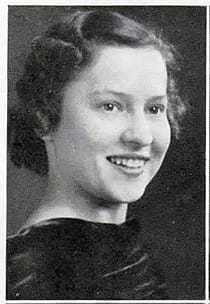
Going Undercover in Poland
Stephanie’s Polish language skills and Ivy League education caught the attention of the OSS. They assigned her to Soviet-dominated Poland in the fall of 1945, one of only two OSS representatives in the country.
It was an extremely dangerous time to operate in Poland, where pro-Soviet factions watched the movements of foreigners, including embassy personnel. She had friends who were taken away, never to be seen again.
In her most-famous quip, made in later years to an OSS Society interviewer, “[The OSS] gave me a gun, but I never carried a gun. I thought, ‚ÄòWhat the heck was I gonna do with a dumb gun?'” Stephanie’s most valuable weapon: her wits.
Despite the danger, Stephanie’s demonstrated skills impressed the US ambassador, who specially approved her assignment to Warsaw.
She traveled to Warsaw, Poland undercover: a mere clerk with the US embassy who spent her spare time traveling throughout the country in hopes of reconnecting with distant family members. Her upbringing in Polish culture, her mastery of the language, and her rudimentary understanding of French allowed her to move about fairy unnoticed.
It was during these spurious searches for family members that Stephanie was able to collect intelligence. She obtained firsthand information on Russian troop concentrations, the activities of the Polish and Russian security services, and gathered economic and political data.
Soon after Stephanie’s arrival in Poland, OSS was disbanded, and Stephanie was absorbed into the War Department’s short-lived Strategic Services Unit (SSU), where she continued her work gathering intelligence.
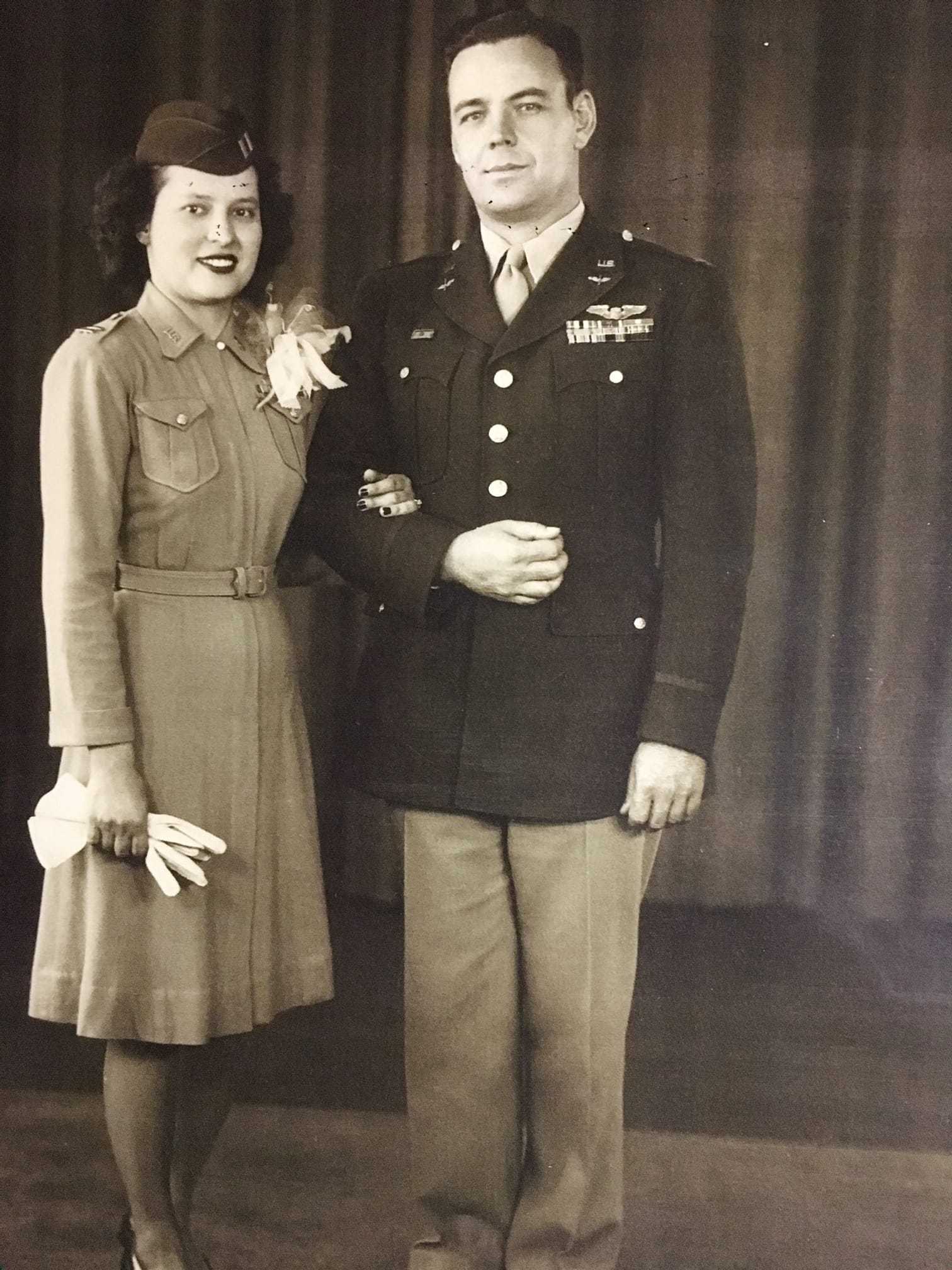
Carrying Secrets
Beyond her intelligence gathering duties, Stephanie also acted as a courier; tasked with transporting classified documents between Berlin and Warsaw.
On one particular mission in January 1946, Stephanie was instructed to carry sensitive documents to Berlin, Germany. Once there, she was asked to take additional documents back to Warsaw: As the only courier, she reluctantly agreed.
The Russian security service was waiting to arrest her when she returned from Germany. In a split second decision, she slipped the documents to a less-suspicious traveler walking next to her and instructed that person to take the package to a safe address in Warsaw.
Immediately after transferring the documents, Stephanie was picked up and questioned by the border guards. They had nothing to hold her on, so they let her go, but she fell under increasing surveillance.
Soon after, her cover was compromised by a superior in Paris. Although there are few details as to what exactly happened, we do know Stephanie insisted on staying in Poland to complete her mission despite the additional danger she now faced.
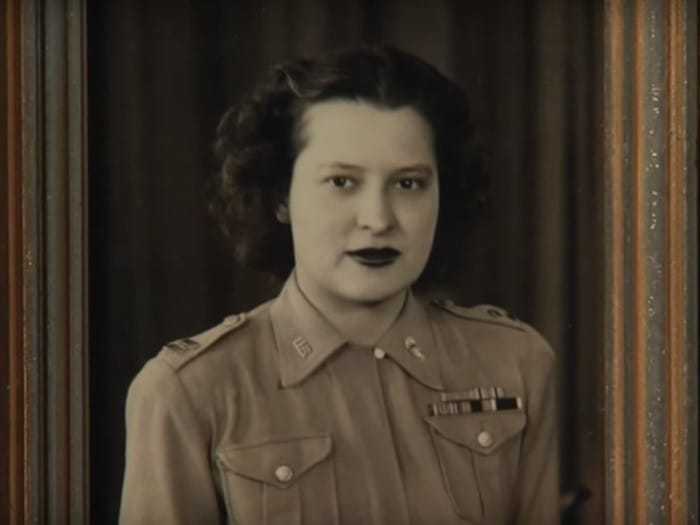
Life After OSS
Stephanie eventually returned to the United States in February 1946.
Upon her return, she was nominated by her superiors for both the Legion of Merit—awarded for ‚Äòexceptionally meritorious’ service—and a Bronze Star: both were denied, with no rationale provided.
Stephanie was awarded the Army Commendation Medal, however, and was promoted to the rank of major before she retired from the military.
She went on to marry famed WWII military aviator Brigadier General William Rader. She continued her involvement with the military as she accompanied her husband during his duty postings.
In 1951, Stephanie received a Master’s degree in Chemistry from George Washington University. Her husband retired as a Brigadier General and died in 2003 after 57 years of marriage. The couple had no children.
Stephanie never talked much about her WWII service, and for decades few knew that she even served in OSS. In 2008, when OSS records were declassified, the OSS Society learned of Stephanie’s heroic service and began petitioning—with help from Senator Mark Warner (D-VA) and Stephanie’s lifelong friends—for her to receive the Legion of Merit award she was denied so many years earlier.
Finally in 2012, she was honored as the inaugural recipient of the Virginia Hall award—named for an equally-accomplished female OSS veteran spy—by the OSS Society.
Stephanie Czech Rader died on January 21, 2016, at the age of 100. She was buried at Arlington National Cemetery, next to her beloved husband, with full military honors.
During the funeral service at Arlington, nearly 70 years after her OSS service, the US Army posthumously awarded Stephanie the Legion of Merit.
